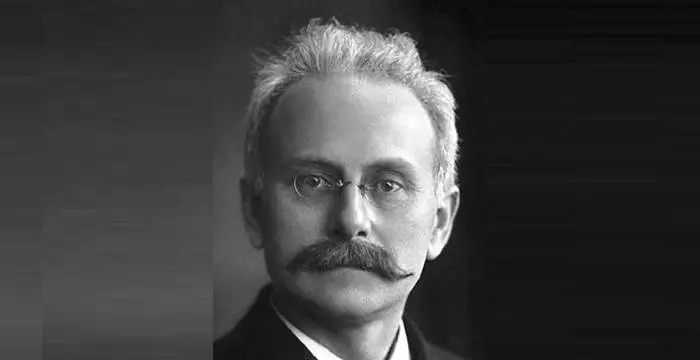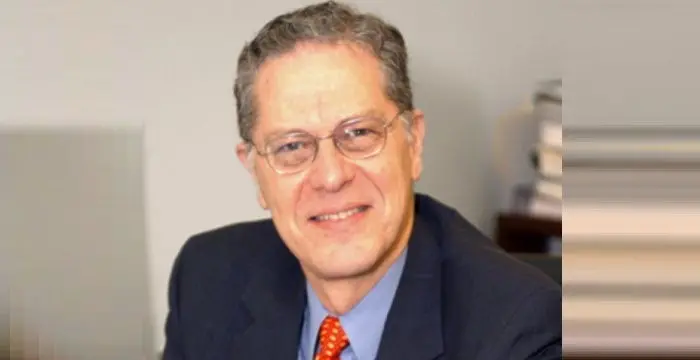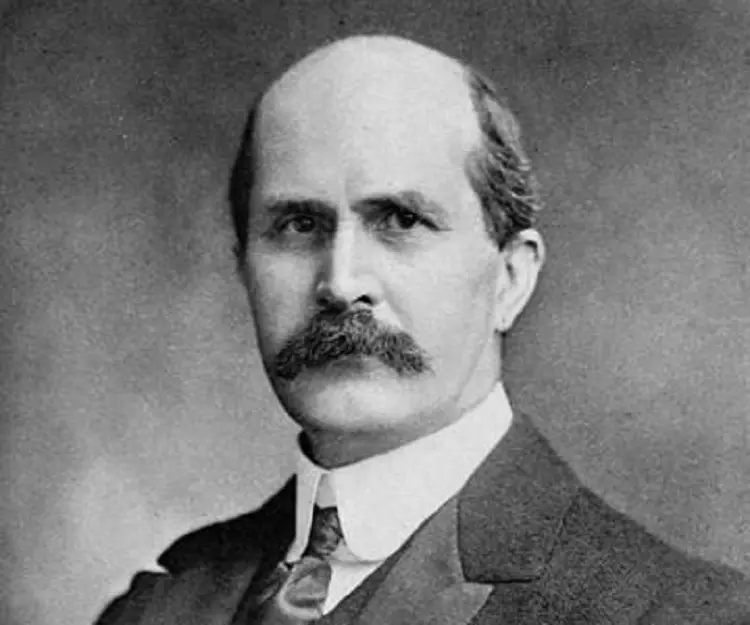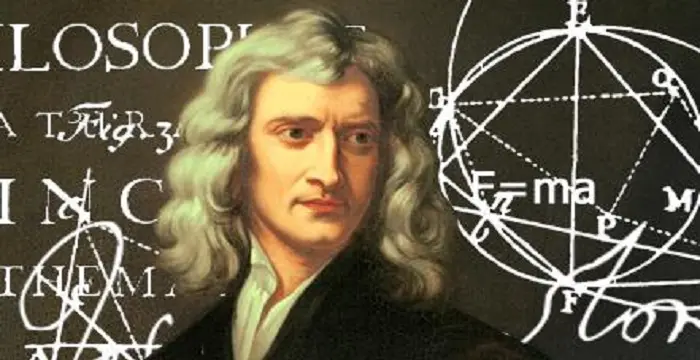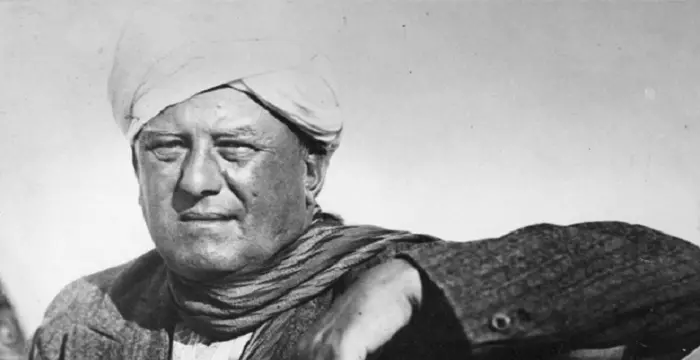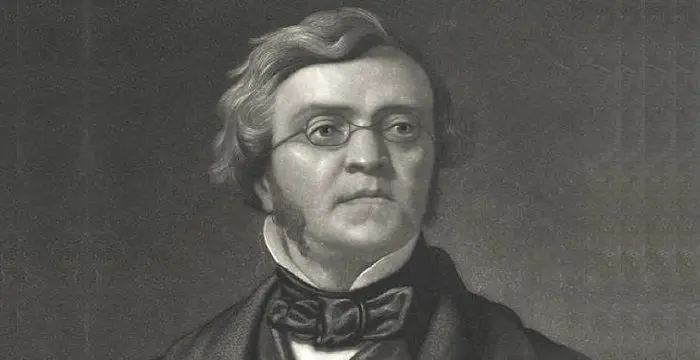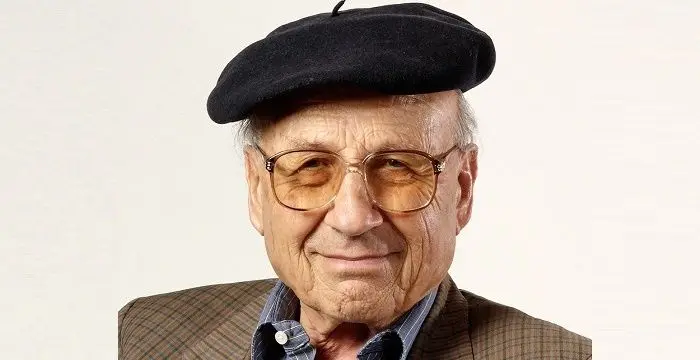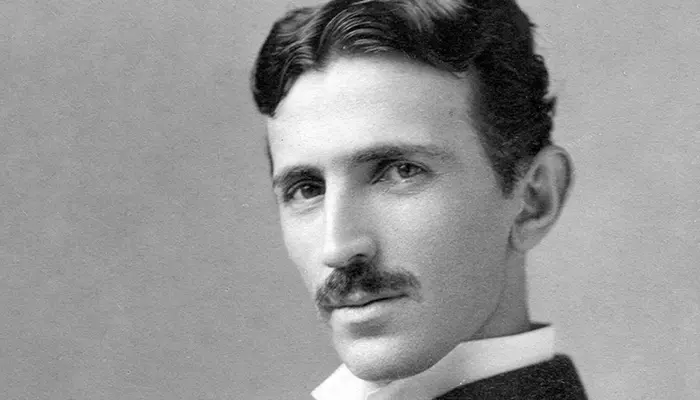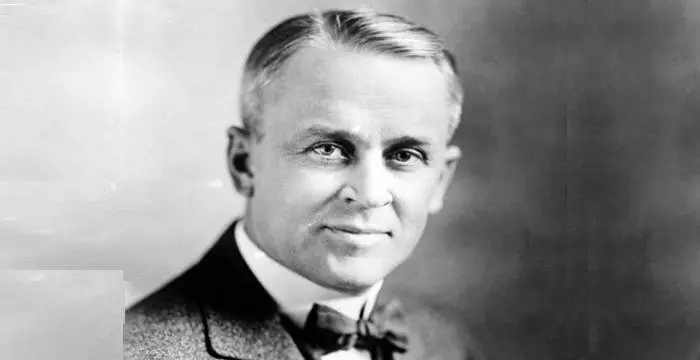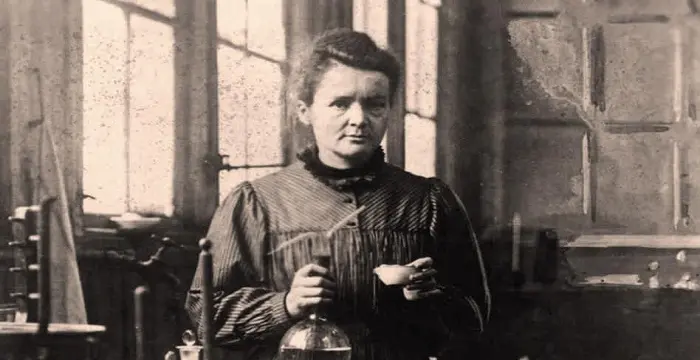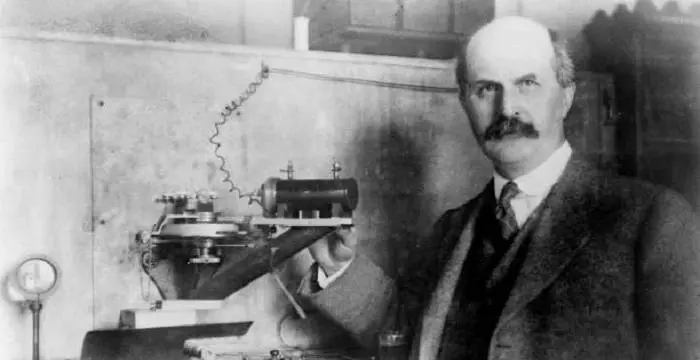
William Henry Bragg - Nobel Prize Winner in Physics, Timeline and Family
William Henry Bragg's Personal Details
Sir William Henry Bragg was a British scientist who shared the 1915 Nobel Prize in Physics with his son, William Lawrence Bragg
| Information | Detail |
|---|---|
| Birthday | July 2, 1862 |
| Died on | March 10, 1942 |
| Nationality | British |
| Famous | Trinity College, Cambridge, Scientists, Mathematicians, Physicists, Chemists, Nobel Prize Winner in Physics |
| Known as | Sir William Henry Bragg |
| Childrens | William Lawrence Bragg |
| Universities |
|
| Notable Alumnis |
|
| Birth Place | Wigton |
| Religion | Anglicanism |
| Gender | Male |
| Sun Sign | Cancer |
| Born in | Wigton |
| Famous as | Nobel Prize Winner in Physics |
| Died at Age | 79 |
// Famous Nobel Prize Winner in Physics
Johannes Stark
Johannes Stark was a German scientist who won the 1919 Nobel Prize in Physics for his discovery of the Stark Effect. Check out this biography to know about his childhood, life, achievements, works & timeline.
Joseph Hooton Taylor Jr.
Joseph Hooton Taylor Jr. is an American astrophysicist who was one of the winners of the 1993 Nobel Prize in Physics. Check out this biography to know about his childhood, life, achievements, works & timeline.
William Henry Bragg's photo
Who is William Henry Bragg?
Sir William Henry Bragg was a British scientist who shared the 1915 Nobel Prize in Physics with his son, William Lawrence Bragg. The father-son duo won the Nobel Prize "for their services in the analysis of crystal structure by means of X-rays". William Henry Bragg was a multi-talented personality; he was a physicist, chemist, mathematician and active sportsman. He lost his mother at an early age and was raised by his uncle. He was a gifted student and went on to win a scholarship to Trinity College, Cambridge. After graduating from the Cambridge, he was worked as Professor of Mathematics and Physics in the University of Adelaide. After spending 23 years in Australia, he returned to England and joined the University of Leeds. During this period he collaborated with his son to conduct research on analysis of crystal structure by means of X-rays, for which the father-son duo won the Nobel Prize. He also helped the British authorities during the First World War with detection of submarines. He won plenty of prizes and honours in his life and will certainly be counted amongst one of the finest scientists of the 20th century.
// Famous Scientists
Juliane Koepcke
Juliane Koepcke is a German-Peruvian biologist, who was the lone survivor among the 92 passengers and crew of the ill-fated LANSA Flight 508 that crashed in the Peruvian rainforest on 24 December 1971. Know more about her life in this biography.
Henry Cavendish
Henry Cavendish was a theoretical chemist and physicist, renowned for discovery of hydrogen and calculation of the mass of earth. To know more about his childhood, profile, timeline and career read on
Konstantin Tsiolkovsky
Konstantin Tsiolkovsky was a Russian rocket scientist and a pioneer of astronautics. This biography provides detailed information about his childhood, family, personal life, career, achievements, etc.
Childhood & Early Life
William Henry Bragg was born on July 2, 1862 in Wigton, England, to Robert John Bragg and his wife Mary Wood. His father was a farmer and also worked as a merchant marine officer.
His mother passed away when he was only seven years old and his uncle, also named William Bragg, took the responsibility of raising him. He moved to Market Harborough, Leicestershire, to live with his uncle. He studied at the Old Grammar School in Market Harborough and then at the King William’s College located in the Isle of Man.
After graduating from high school, he won a scholarship from Trinity College, Cambridge University and started studying there in 1881. He studied mathematics under the tutorship of Dr. E. J. Routh and graduated in 1884 as third wrangler, and was awarded a first class honours in the mathematical tripos in 1885.
Career
Following his graduation from University of Cambridge, the University of Adelaide in Australia appointed him as the Elder Professor of Mathematics and Experimental Physics in 1885. He took up the position the following year.
Gradually his interest in physics developed, particularly in the field of electromagnetism. He was greatly interested in new discovery of Wilhelm Röntgen, namely X-Rays. His friendship with Ernest Rutherford further developed his interest in the field.
In 1896, at a gathering of doctors, William Henry Bragg demonstrated that X-rays could be used to reveal structures that were otherwise invisible.
In 1904, he delivered an address in Dunedin, New Zealand for the Australian Association for the Advancement of Science on the theory of ionization of gases and his research on the subject bore fruit when his efforts led to a fellowship from the Royal Society of London. In the same year, he also published papers in relation to Alpha Rays and Ionization Curves of Radium.
During his time in Australia, he was also active in sports. He played golf, lawn tennis, lacrosse and chess. He helped establish the Adelaide University Lacrosse Club as well as the North Adelaide Lacrosse Club.
In 1908, after having spent 23 years in Australia, he returned to England. The following year he became the Cavendish Professor of Physics at the University of Leeds.
The X-ray spectrometer was invented by Bragg during his time at the University of Leeds. Subsequently he collaborated with his son, William Lawrence Bragg, who at the time was engaged as a research scholar at Cambridge University, and established a new branch of study known as X-ray crystallography. In 1914, he became involved with the British war effort during the First World War by helping with submarine detection and four years later he became an advisor of the admiralty.
In 1915, he was appointed as the Quain Professor by the University College London but took up the appointment only after he had completed his duty in relation to the war effort. When he started work, his work was primarily based on crystal analysis.
In 1923, the Royal Institution made him the Fullerian professor in the field of chemistry and in the same year the Davy Faraday Research Laboratory made him their director.
Major Works
He along with his son, William Lawrence Bragg, invented the X-ray spectrometer, and the studies of the father-son duo led to the analysis of crystal structure by means of X-rays.
Awards & Achievements
He became a Fellow of the Royal Society in 1907 and 28 years later he was appointed as its president. He served as the president for five years. &He shared the Nobel Prize in Physics with his son William Lawrence Bragg in 1915 for their research in relation to crystal analysis. In the same year, he won the Barnard Medal and the Matteucci Medal.
In 1916, he was awarded with the Rumford Medal.
He was made a Commander of the Order of the British Empire in 1917 and three years later he was knighted.
He was awarded with the Copley Medal in 1930.
Personal Life & Legacy
William Henry Bragg married Gwendoline Todd in 1889. The couple had two sons, named William Lawrence and Robert, and a daughter named Gwendolen.
He died on March 10, 1942 in London, England, at the age of 79. The reasons behind his death are unknown.
// Famous Trinity College, Cambridge
Isaac Newton
Isaac Newton was an English scientist and mathematician, who discovered gravitation and Newtonian Mechanics. Read this biography to find more on his life.
Aleister Crowley
Aleister Crowley was an occultist and ceremonial magician who founded the ethical philosophy of Thelema. This biography of Aleister Crowley provides detailed information about his childhood, life, achievements, works & timeline.
William Makepeace Thackeray
William Thackeray was an English novelist and satirist. Read this brief biography to find more on his life & timeline.
William Henry Bragg's awards
| Year | Name | Award |
|---|---|---|
Other | ||
| 1936 | Faraday Medal | |
| 1939 | John J. Carty Award for the Advancement of Science | |
| 0 | 1915 - Nobel Prize in Physics | |
| 0 | 1930 - Copley Medal | |
| 0 | 1916 - Rumford Medal | |
William Henry Bragg biography timelines
- // 2nd Jul 1862William Henry Bragg was born on July 2, 1862 in Wigton, England, to Robert John Bragg and his wife Mary Wood. His father was a farmer and also worked as a merchant marine officer.
- // 1881After graduating from high school, he won a scholarship from Trinity College, Cambridge University and started studying there in 1881. He studied mathematics under the tutorship of Dr. E. J. Routh and graduated in 1884 as third wrangler, and was awarded a first class honours in the mathematical tripos in 1885.
- // 1885Following his graduation from University of Cambridge, the University of Adelaide in Australia appointed him as the Elder Professor of Mathematics and Experimental Physics in 1885. He took up the position the following year.
- // 1889William Henry Bragg married Gwendoline Todd in 1889. The couple had two sons, named William Lawrence and Robert, and a daughter named Gwendolen.
- // 1896In 1896, at a gathering of doctors, William Henry Bragg demonstrated that X-rays could be used to reveal structures that were otherwise invisible.
- // 1904In 1904, he delivered an address in Dunedin, New Zealand for the Australian Association for the Advancement of Science on the theory of ionization of gases and his research on the subject bore fruit when his efforts led to a fellowship from the Royal Society of London. In the same year, he also published papers in relation to Alpha Rays and Ionization Curves of Radium.
- // 1907 To 1915He became a Fellow of the Royal Society in 1907 and 28 years later he was appointed as its president. He served as the president for five years. &He shared the Nobel Prize in Physics with his son William Lawrence Bragg in 1915 for their research in relation to crystal analysis. In the same year, he won the Barnard Medal and the Matteucci Medal.
- // 1908In 1908, after having spent 23 years in Australia, he returned to England. The following year he became the Cavendish Professor of Physics at the University of Leeds.
- // 1914The X-ray spectrometer was invented by Bragg during his time at the University of Leeds. Subsequently he collaborated with his son, William Lawrence Bragg, who at the time was engaged as a research scholar at Cambridge University, and established a new branch of study known as X-ray crystallography. In 1914, he became involved with the British war effort during the First World War by helping with submarine detection and four years later he became an advisor of the admiralty.
- // 1915In 1915, he was appointed as the Quain Professor by the University College London but took up the appointment only after he had completed his duty in relation to the war effort. When he started work, his work was primarily based on crystal analysis.
- // 1916In 1916, he was awarded with the Rumford Medal.
- // 1917He was made a Commander of the Order of the British Empire in 1917 and three years later he was knighted.
- // 1923In 1923, the Royal Institution made him the Fullerian professor in the field of chemistry and in the same year the Davy Faraday Research Laboratory made him their director.
- // 1930He was awarded with the Copley Medal in 1930.
- // 10th Mar 1942He died on March 10, 1942 in London, England, at the age of 79. The reasons behind his death are unknown.
// Famous Physicists
Henry Cavendish
Henry Cavendish was a theoretical chemist and physicist, renowned for discovery of hydrogen and calculation of the mass of earth. To know more about his childhood, profile, timeline and career read on
Walter Kohn
Nobel Laureate Walter Kohn was an Austrian-born American theoretical chemist and physicist. Check out this biography to know about his childhood, life, achievements, works & timeline.
Nikola Tesla
Nikola Tesla was a Serbian-American inventor, best known for his development of alternating current electrical systems. This biography of Nikola Tesla provides detailed information about his childhood, life, achievements, works & timeline.
Robert Andrews Millikan
Robert Andrews Millikan was an eminent American experimental physicist who won the Nobel Prize for Physics in 1923 for his work on photoelectric effect. Check out this biography to know about his childhood, life, achievements, works & timeline.
Isaac Newton
Isaac Newton was an English scientist and mathematician, who discovered gravitation and Newtonian Mechanics. Read this biography to find more on his life.
Marie Curie
Marie Curie was a Physicist and Chemist, who was world renowned for her work on radioactivity. She also was the winner of two Nobel Prize. Read this biography to get info about her life and profile.
William Henry Bragg's FAQ
What is William Henry Bragg birthday?
William Henry Bragg was born at 1862-07-02
When was William Henry Bragg died?
William Henry Bragg was died at 1942-03-10
Where was William Henry Bragg died?
William Henry Bragg was died in London
Which age was William Henry Bragg died?
William Henry Bragg was died at age 79
Where is William Henry Bragg's birth place?
William Henry Bragg was born in Wigton
What is William Henry Bragg nationalities?
William Henry Bragg's nationalities is British
Who is William Henry Bragg childrens?
William Henry Bragg's childrens is William Lawrence Bragg
What was William Henry Bragg universities?
William Henry Bragg studied at Trinity College, Cambridge, University of Cambridge, Trinity College, Cambridge, King William's College
What was William Henry Bragg notable alumnis?
William Henry Bragg's notable alumnis is Trinity College, Cambridge
What is William Henry Bragg's religion?
William Henry Bragg's religion is Anglicanism
What is William Henry Bragg's sun sign?
William Henry Bragg is Cancer
How famous is William Henry Bragg?
William Henry Bragg is famouse as Nobel Prize Winner in Physics
